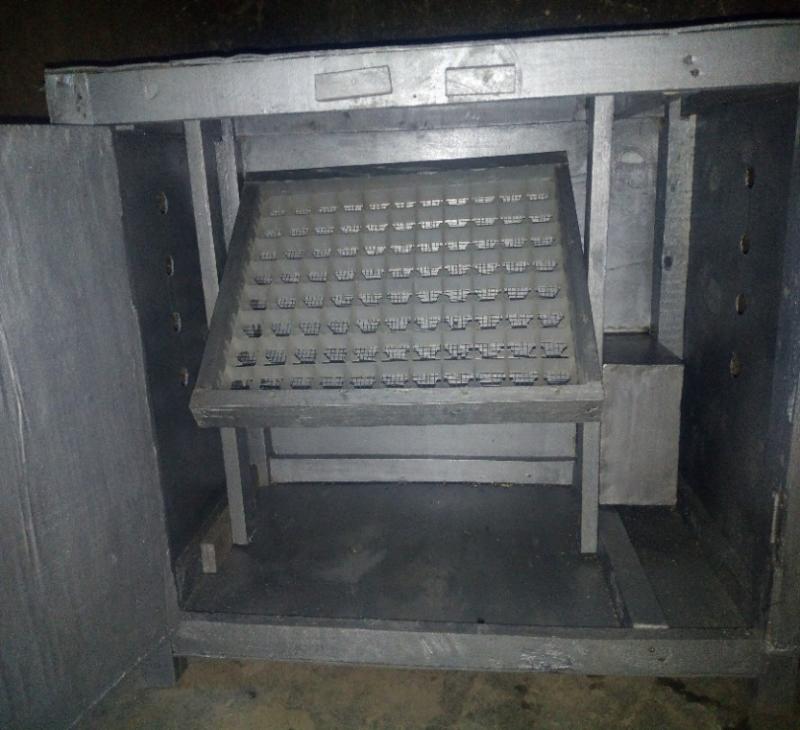×
The Standard e-Paper
Kenya’s Boldest Voice

Shawn Kasoa, 23, from Masinde Muliro University of Science and Technology has invented an egg incubator that uses biogas as the source of energy.
“This egg incubator is best-suited for farmers who rear domestic animals and poultry. They can use the homemade renewable energy which mostly ends up unused in the farms,” Mr Kasoa tells Hashtag.